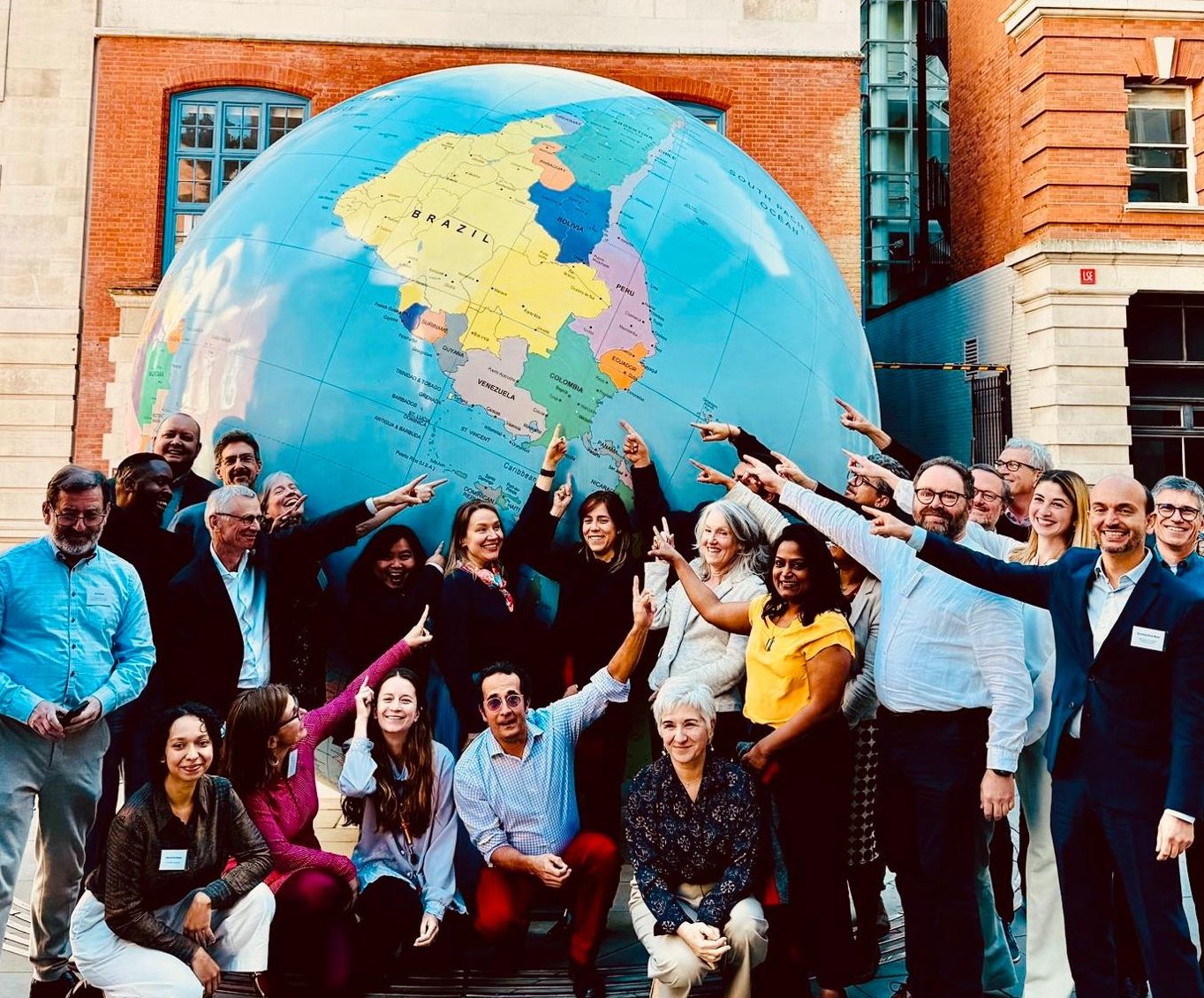LSE Roundtable on Global Biodiversity Finance and Digital Sequence Information: Preparing for COP16 in Cali, Colombia.
27-28 September 2024
From 21 October 2024 to 1 November 2024 the 16th Conference of the Parties (COP) of the Convention on Biological Diversity will meet in Cali, Colombia to negotiate a fair and equitable way to share monetary and non-monetary benefits from the use of genetic sequence data or Digital Sequence Information (DSI). Digital sequence information is a key global resource powering developments in biotechnology, agriculture, health and emerging developments in artificial intelligence.
Negotiations in Cali will be directed towards the creation of a multilateral mechanism (MLM) and global fund as an element of the global effort to raise $200 billion a year for the implementation of the Global Biodiversity Framework. Efforts are complicated by the lack of a legal definition of DSI, the invisibility of data in the UN System of National Accounts, the projected growth of DSI as big data, and disagreements over the compatibility of open access to data with regulatory measures needed to secure monetary contributions to the MLM. The question of trust and transparency hangs over all operational details.
The Ocean Biodiversity Collective with its partner organisation, One World Analytics (OWA) convened a Roundtable on September 27-28th to provide independent evaluation of the policy options on DSI at COP16. LSE experts – Dr Siva Thambisetty (Law School), Dr Saipriya Kamath (Accounting), Agata Makowska-Curran (PhD student Geography), Lea Reitmeier (Grantham Research Institute, CETEx), Dr Paul Oldham (founder of OWA and LSE Anthropology 1996) and Jasmine Kindness (OWA and LSE Anthropology 2018) worked with experts from several disciplines, industry stakeholders and State Party representatives from all UN regions. The Identifying Ways Forward document is a short outcome report of this meeting.
"The content and format of the weeks of exploratory policy research leading up to the Roundtable is in the best traditions of public service performed by LSE academics," said Dr Thambisetty.
"Our analysis may help Parties arrive at a more equitable solution to fund conservation and sustainable use and provide certainty to entities who use and benefit from DSI in understanding their obligations. The multilateral effort in Cali will signal the end of free biodiversity and will mobilise resources for conservation globally."

The Ocean Biodiversity Collective was set up by Dr Thambisetty and is funded by LSE’s Knowledge Exchange and Impact fund. The Roundtable received substantial funding from NORAD, and was facilitated by the Meridian Institute and GRI.